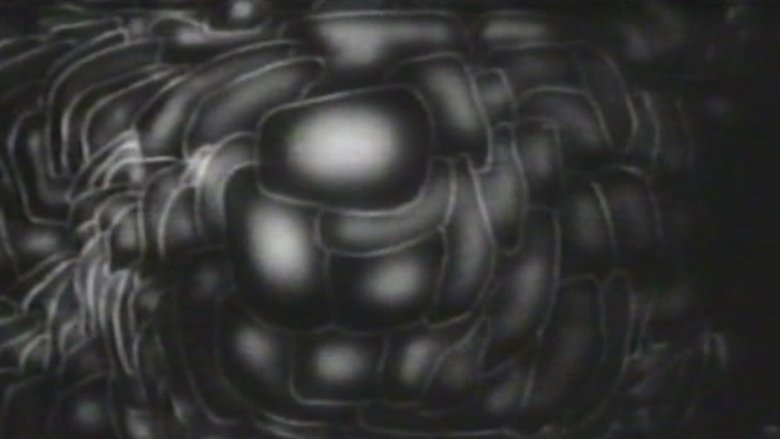Modern Times: The Way of All Flesh
Genres
Documentary
OverView
In 1951, a woman died in Baltimore, U.S.A. She was called Henrietta Lacks. These are cells from her body. They were taken from her just before she died. They have been growing and multiplying ever since. There are now billions of these cells in laboratories around the world. If massed together, they would weigh 400 times her original weight. These cells have transformed modern medicine, but they also became caught up in the politics of our age.
Others
Budget
$--
Revenue
$--
Status
Released
Original Language
English
Runtime
59 mins
Rating
6/10
Release Date
19 March 1997
Country
United Kingdom



